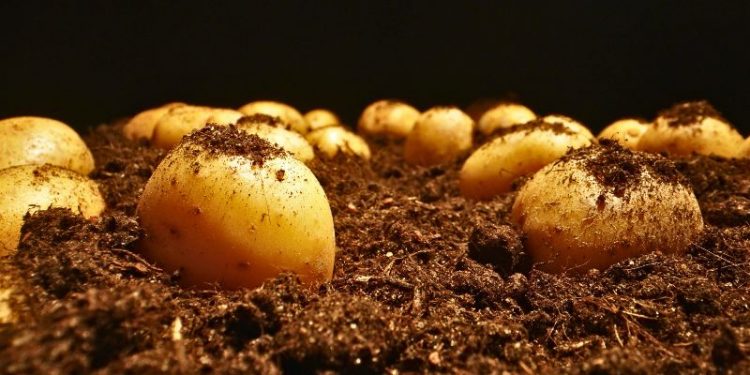Exploring the Latest Advances in Potato Cultivation Techniques
In the ever-evolving world of agriculture, potato farming is experiencing a renaissance, driven by technological advancements and a growing focus on sustainability. From automation in planting and harvesting to precision farming techniques and environmentally friendly practices, the industry is embracing change to meet increasing global demands and environmental challenges.
Automation and Precision Farming
One of the most significant developments in potato farming is the integration of automation and precision farming. Advanced machinery now enables farmers to plant and harvest potatoes with unprecedented efficiency. Automated planters ensure optimal spacing and depth, which are critical for maximizing yields. Harvesting robots equipped with sensors can differentiate between mature potatoes and soil, reducing crop damage and increasing efficiency.
Precision farming technologies, including GPS and drones, are transforming how farmers manage their fields. These tools allow for detailed monitoring of soil conditions, moisture levels, and crop health. By analyzing this data, farmers can apply fertilizers and pesticides more accurately, reducing waste and environmental impact while boosting crop yields.
Sustainable Practices
Sustainability is at the forefront of modern potato farming. Farmers are increasingly adopting practices that minimize environmental impact and promote soil health. Crop rotation is a traditional yet effective method to prevent soil depletion and reduce pest infestations. Cover cropping, where plants are grown to cover the soil rather than for harvest, helps improve soil structure, enhance water retention, and suppress weeds.
Additionally, organic farming practices are gaining traction. These methods avoid synthetic chemicals, relying instead on natural pest control and fertilizers. Organic potato farming not only reduces chemical runoff into water bodies but also meets the growing consumer demand for organic produce.
Innovations in Pest Control
Effective pest control is crucial for maintaining healthy potato crops. Innovations in this area include biological pest control methods, such as introducing natural predators to manage harmful insect populations. For instance, ladybugs are used to control aphid infestations, providing an eco-friendly alternative to chemical pesticides.
Genetic research is also contributing to pest resistance. Scientists are developing potato varieties that are naturally resistant to common pests and diseases. These genetically engineered crops require fewer chemical inputs, benefiting both the environment and farmers’ bottom lines.
Climate Change Adaptation
Climate change poses a significant challenge to potato farming, with unpredictable weather patterns and increased incidences of extreme weather events. To adapt, researchers are developing drought-resistant potato varieties that can thrive in arid conditions. Improved irrigation techniques, such as drip irrigation, are being implemented to conserve water while ensuring crops receive adequate hydration.
Moreover, advances in data analytics and climate modeling are helping farmers make informed decisions. By predicting weather patterns and potential impacts on crops, farmers can take proactive measures to protect their yields.
Future Outlook
The future of potato farming looks promising, with continuous advancements in technology and sustainable practices. Embracing automation and precision farming will undoubtedly lead to higher efficiency and productivity. Simultaneously, the adoption of sustainable methods ensures that potato farming remains environmentally responsible and resilient in the face of climate change.
As these innovations continue to develop, the potato farming industry will be better equipped to meet global food demands while safeguarding natural resources. The integration of technology and sustainability is not just a trend but a necessary evolution for the future of agriculture.
Error




